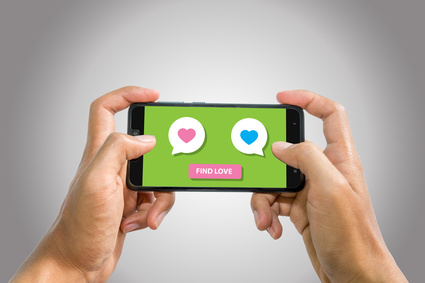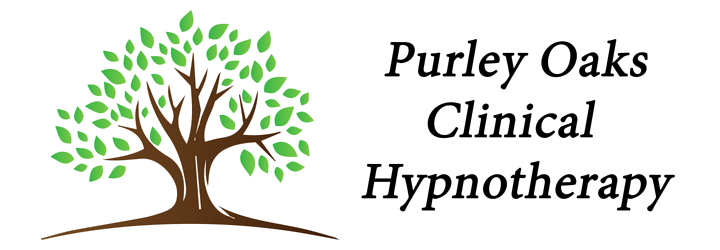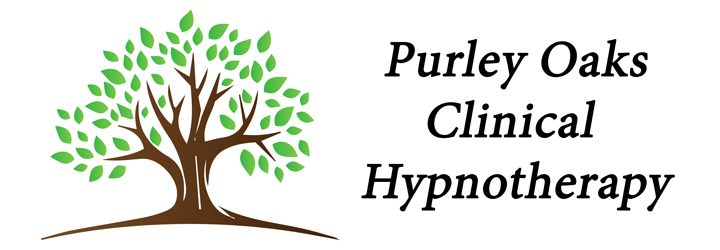Dating Therapy
Dating therapy often begins with recognising just how exhausting modern dating can be. Swiping through faces, trading pleasantries that go nowhere, dealing with ghosting, disappointment, the occasional glimmer of something real, then back to silence. It’s a cycle that can leave you feeling depleted, unsure whether to keep trying or just give up altogether.
You delete the apps. Feel a bit freer. Maybe even relieved. But somehow, before too long, you reinstall them. Again. Because, well… what if?
That loop of hope, frustration, and hope again is something dating therapy often brings into focus. It’s a rhythm that so many people fall into. On the surface, it looks like just another part of dating life, but underneath, it can start to wear you down. There’s that recurring sense of rejection, or of never quite being chosen. That sinking feeling that everyone else seems to find it easy, while somehow, you’re still stuck at the start.

Sometimes it’s not even the dating that’s the problem. It’s what it brings to the surface. Dating therapy can help make sense of those familiar feelings, like not being good enough, or always being the one who gives more, or quietly fearing that you’re somehow flawed. Dating is meant to be fun. Yet for many, it turns into a mirror reflecting old anxieties and insecurities they thought they’d left behind.
That’s where dating therapy comes in. Not as a cure for singleness, there’s nothing wrong with being single, but as a way to understand what’s going on beneath the surface.
Why dating feels so hard sometimes
Dating taps into some of our deepest wiring. We’re social creatures, drawn to connection, comfort and belonging. But we’re also shaped by our past experiences, especially those early relationships that taught us what to expect from others.
If you grew up around emotional distance, or inconsistent affection, or even outright criticism, that stuff can leave a mark. It can show up later as a tendency to chase people who feel a bit out of reach, or to settle for less than you deserve because deep down, that feels normal. Familiar.
Sometimes, these patterns are subtle, and that’s something dating therapy can really help to uncover. You might find yourself always picking the same kind of person, even though it never works out. Or you get stuck in a loop of mistrust, overthinking everything, or pulling away just as things begin to feel close. You might even tell yourself there’s “no one decent out there” or “everyone is flaky,” when underneath it all, it’s about what you’re drawn to without even realising it.
When love feels confusing or just out of reach, it’s rarely about the people you’re meeting. It’s usually about the patterns you’re carrying. Once you see that, everything can begin to shift.”
Sophie Everitt
Dating therapy can help you:
- Understand the emotional patterns that keep repeating
- Heal from past relationship hurt, including rejection and betrayal
- Work through fears of intimacy or being vulnerable
- Build trust in yourself and your judgement
- Let go of the need for external validation
- Increase your confidence, resilience and self-worth
It’s not about fixing you. You’re not broken. It’s about gently loosening the grip of old scripts, the ones that say you’re too much, or not enough, or destined to be alone. Because those scripts aren’t the truth. They’re just habits of thought that got stuck.
The impact of old wounds
Let’s be honest, it doesn’t take years of dating therapy to know that a painful breakup, an emotionally unavailable parent, or being constantly overlooked leaves scars. But what people don’t always realise is how those experiences quietly shape the way we engage in relationships now.
You might find yourself bracing for rejection even before it happens. Or struggling to trust someone who’s actually treating you well. Or maybe you end up doing all the emotional labour in the hope that it will make someone stay. It’s draining. And worse, it reinforces the very insecurities you’re trying to move past.
Hypnotherapy can work on this in a different way. By accessing the subconscious patterns that drive your choices and reactions, it helps you shift how you see yourself and what you expect from others. You start responding from a place of clarity, rather than fear. And that makes a big difference in who you attract and how you relate.
We might explore things like:
- The emotional residue left by previous relationships
- How you talk to yourself before and after dates
- What “safety” looks and feels like to you in a relationship
- Your attachment style and how it shows up in dating
- What you believe about love, connection and your own worth
Some people are surprised to discover how much their beliefs around dating have nothing to do with their adult selves, and everything to do with old patterns from childhood. Once we start to work with that, the pressure lifts. You’re no longer just reacting. You’re choosing.
Moving towards connection
The goal here isn’t to make you superhuman at dating. It’s to help you feel more grounded, more secure, and more like yourself when you’re getting to know someone.
To help you hold onto hope without feeling desperate. To notice red flags without panicking. And to enjoy the process again.
Because when you’re not dragging old fears into every new conversation, you’re free to show up with curiosity. With playfulness. Even with joy.
And that matters. Because dating isn’t just about finding someone. It’s about finding you again in the process. The version of you that doesn’t need to contort or apologise or chase.

At Purley Oaks Hypnotherapy, we offer gentle, emotionally aware support to help you untangle what’s been getting in the way. We don’t promise a partner. But we do help people reconnect with what they really want and start approaching dating in a way that feels authentic, kind, and full of possibility.
Whether you’ve been single for years, or are newly navigating the world of dating apps, after a breakup, there is space for you here.
Get in touch if you’d like to talk.

